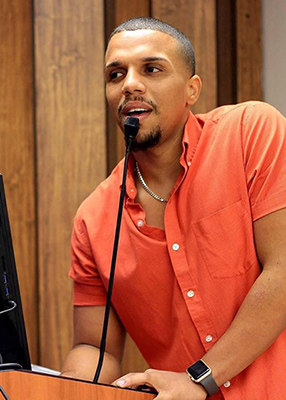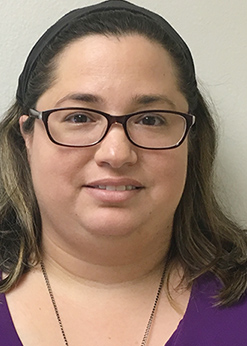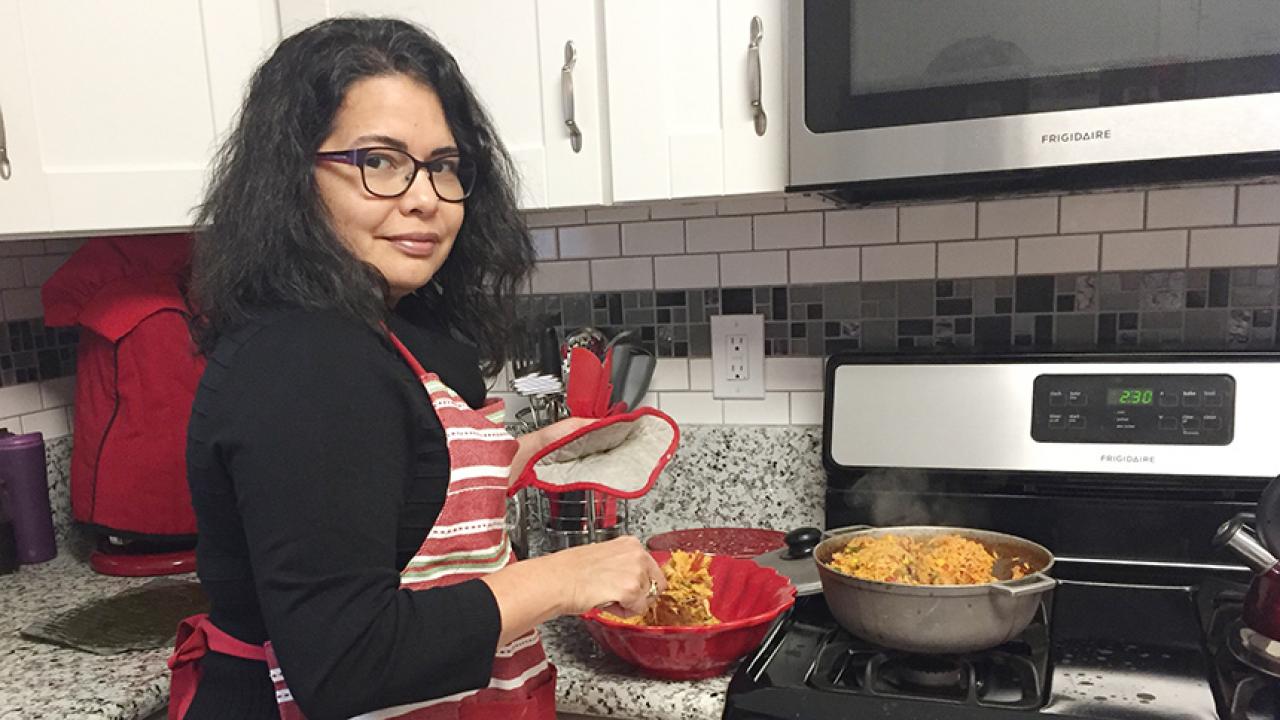
Traditional Puerto Rican spices will make the campus welcome even warmer for two doctoral students coming from the hurricane-ravaged island to continue their research here.
The University of Puerto Rico students will find the academic harbor offered by UC Davis as well as invitations to share in island flavors at the home of Puerto Rican native Lilian Cruz-Orengo of the School of Veterinary Medicine.
Marcos Ramos Benitez is due to arrive Feb. 20 and stay for a month or more to continue his research in immunology. “Knowing that people care about us as individuals and as researchers and that they are able to make us feel welcome is definitely a morale boost,” he said in an interview from Puerto Rico.
Our other guest is Adlín R. Rodríguez Muñoz, a student of cellular and molecular biology, who is scheduled to begin a two-month visit on Friday (Jan. 12).
Campus is academic harbor
Some 175 faculty members and others responded to a survey asking who could provide help so the campus could offer to temporarily accommodate scholars affected by Hurricane Maria. A steering committee oversaw outreach to Puerto Rican scholars and matched applicants’ fields of study with expertise and resources here.
Gerardo Mackenzie, assistant professor of nutrition, is hosting Rodríguez Muñoz, and Cruz-Orengo, also an assistant professor, is hosting Ramos Benitez.
“Throughout our lives, we have all received some sort of help, so it is important that we give back when we have the opportunity,” Mackenzie said. “After viewing the damage caused by Hurricane Maria, it is difficult not to be touched.”
Hurricane threatened young scholars
The hurricane, which made landfall on Sept. 20, caused more than $118 million damage to the 11-campus UPR system and threatened the studies of, among many others, the two promising young scholars.

Rodríguez Muñoz is researching how mitochondrial DNA is repaired after an environmental insult to understand diseases like liver cancer. Ramos Benitez is investigating a recombinant protein and evaluating its ability to combat the inflammatory response to sepsis.
After the hurricane, Rodríguez Muñoz lost her housing near the San Juan campus and moved to her parents’ house in Yabucoa, one of the most severely affected areas. Ramos Benitez was able to continue living in his San Juan residence.
But both lost electricity, phone service and internet access. They had to make to make long drives — in dangerous conditions and using gasoline that cost them hours in line — to go to campus to communicate with mentors and lab partners.
Rodríguez Muñoz wasn’t making good progress on her dissertation. Ramos Benitez lost research samples stored in liquid nitrogen when the inaccessibility of a building prevented the tanks from being refilled. And lack of predictability in electricity on campus meant he couldn’t plan his experiments.
Resources and an ‘optimal environment’
At Davis, Cruz-Orengo, who studies neuroimmunology, will provide Ramos Benitez with lab space, equipment and other resources. “I’m convinced that this visit to UC Davis will allow me to push forward experiments and complete my thesis work,” he said.
Rodríguez Muñoz said she will have the opportunity to concentrate on writing her dissertation in a “optimal environment.” She is also looking forward to establishing academic collaborations.
“The solidarity, the sense that we are not alone, the idea that I can finish my thesis work in the semester after Maria — thanks to UC Davis — is wonderful and makes all the difference,” Rodríguez Muñoz said.
Related story:
Media Resources
Julia Ann Easley, 530-752-8248, jaeasley@ucdavis.edu
